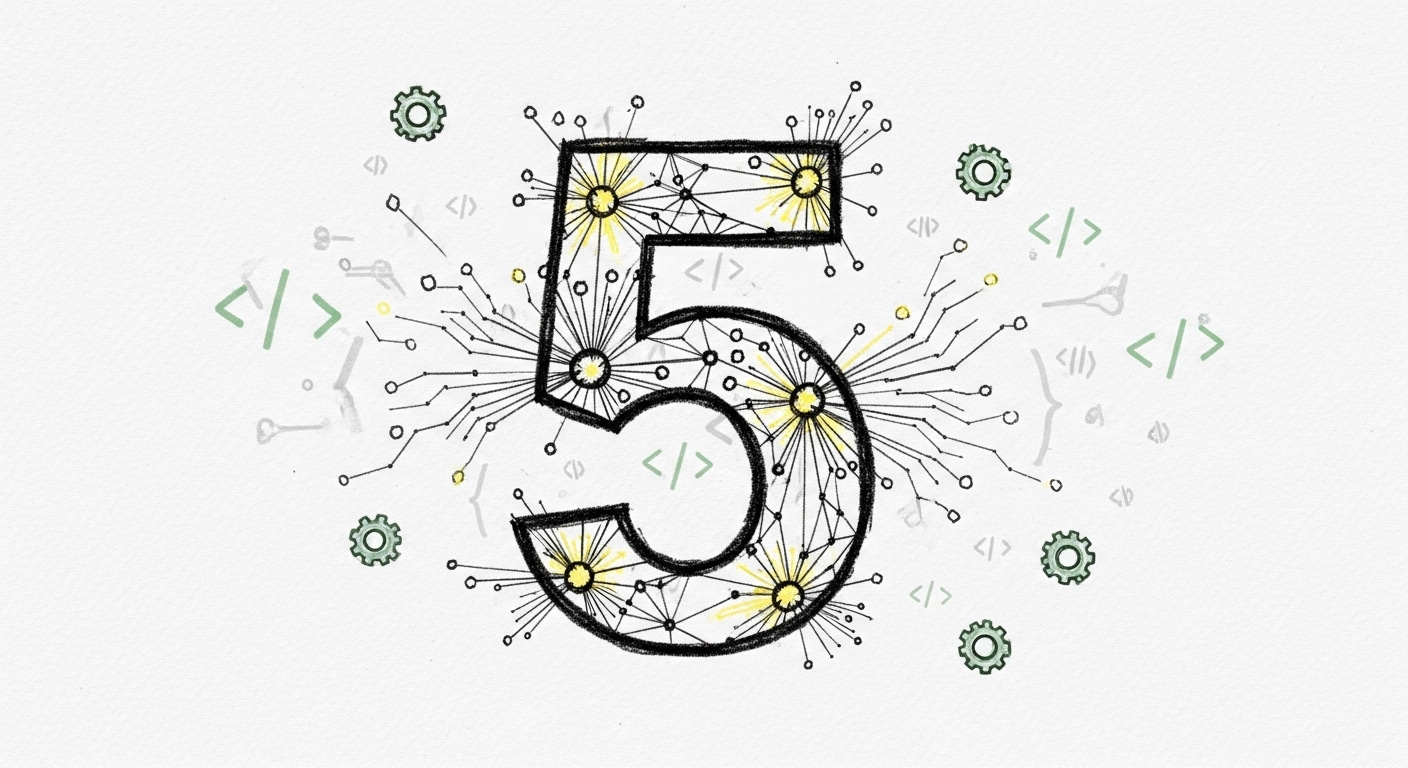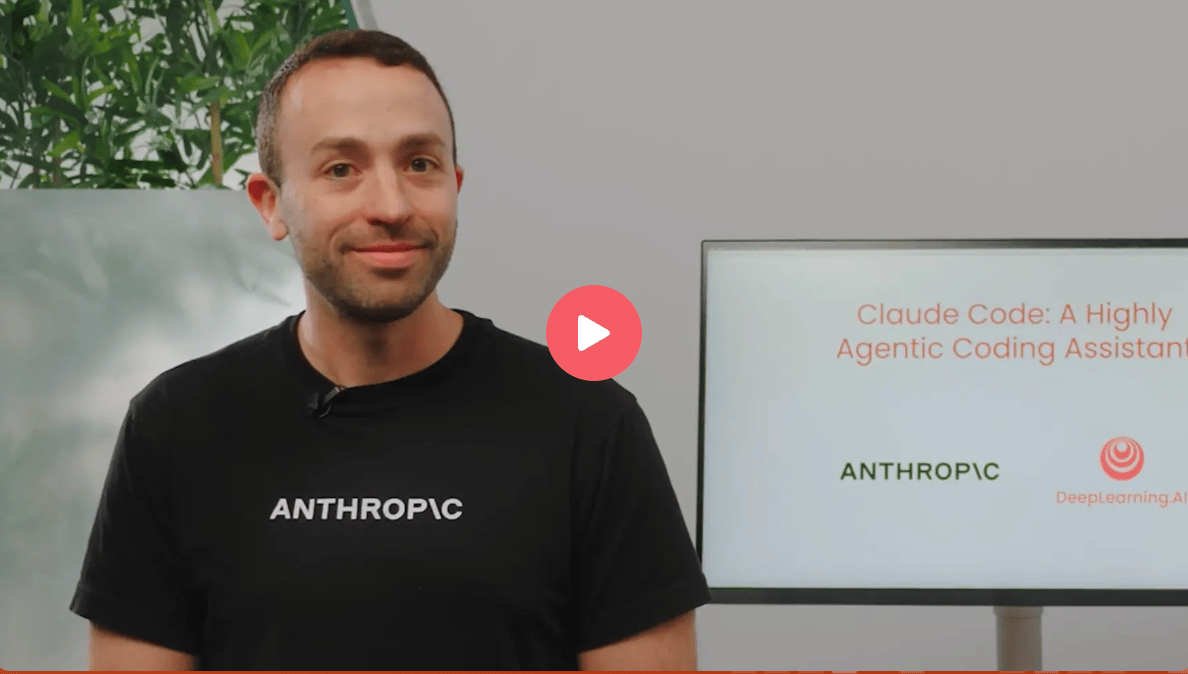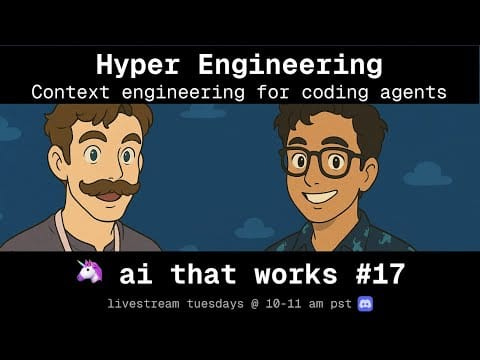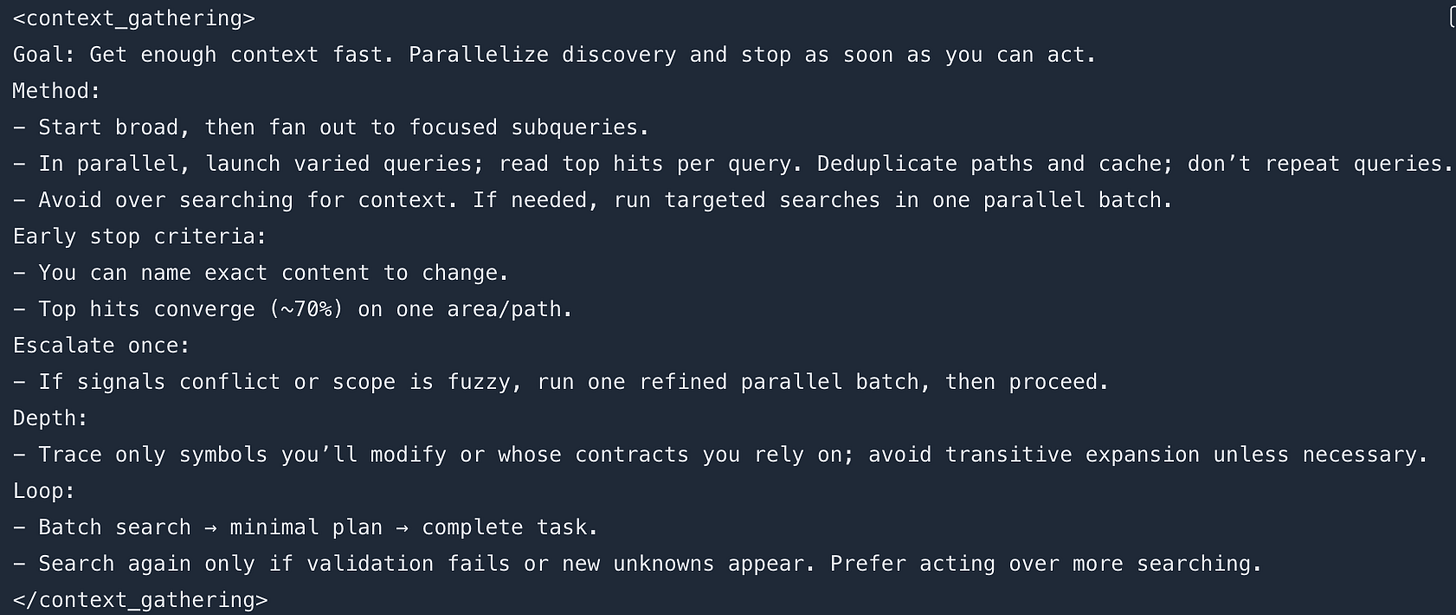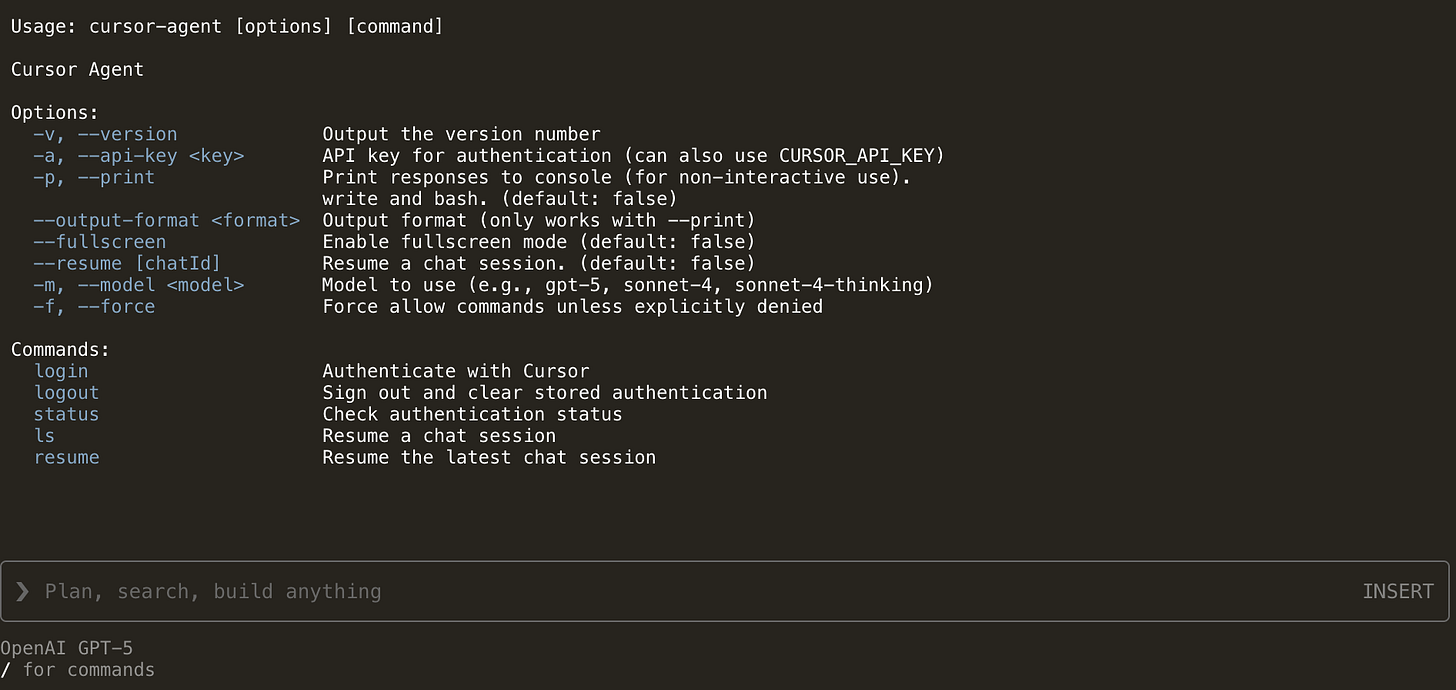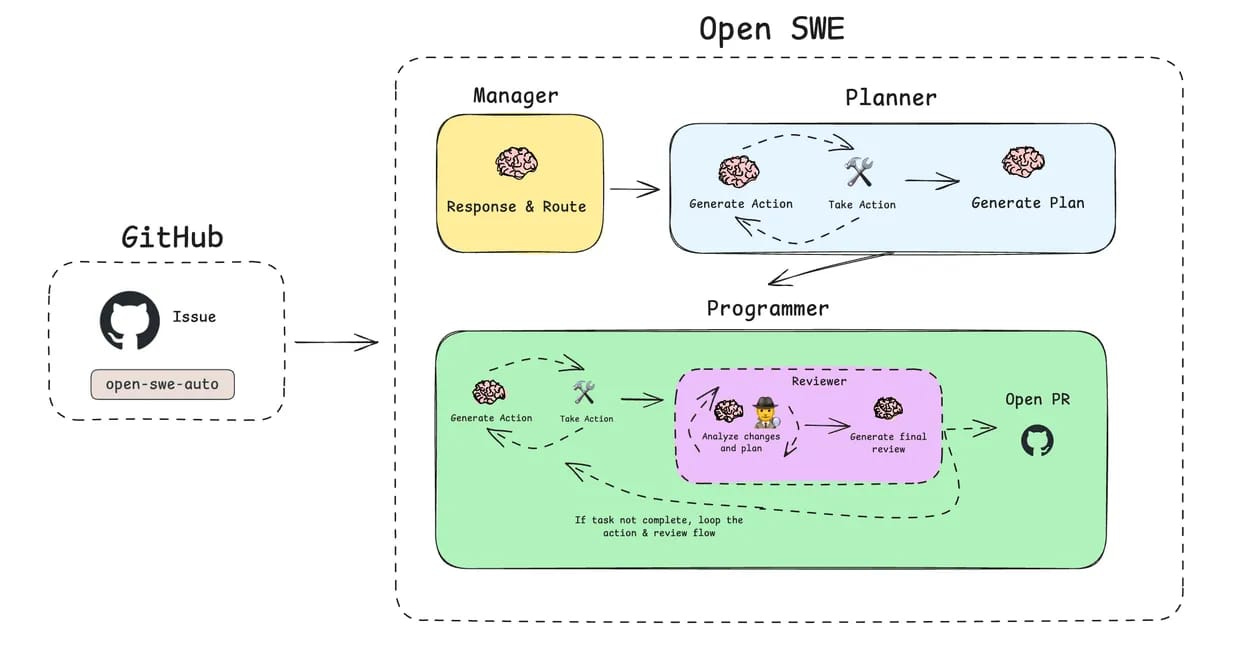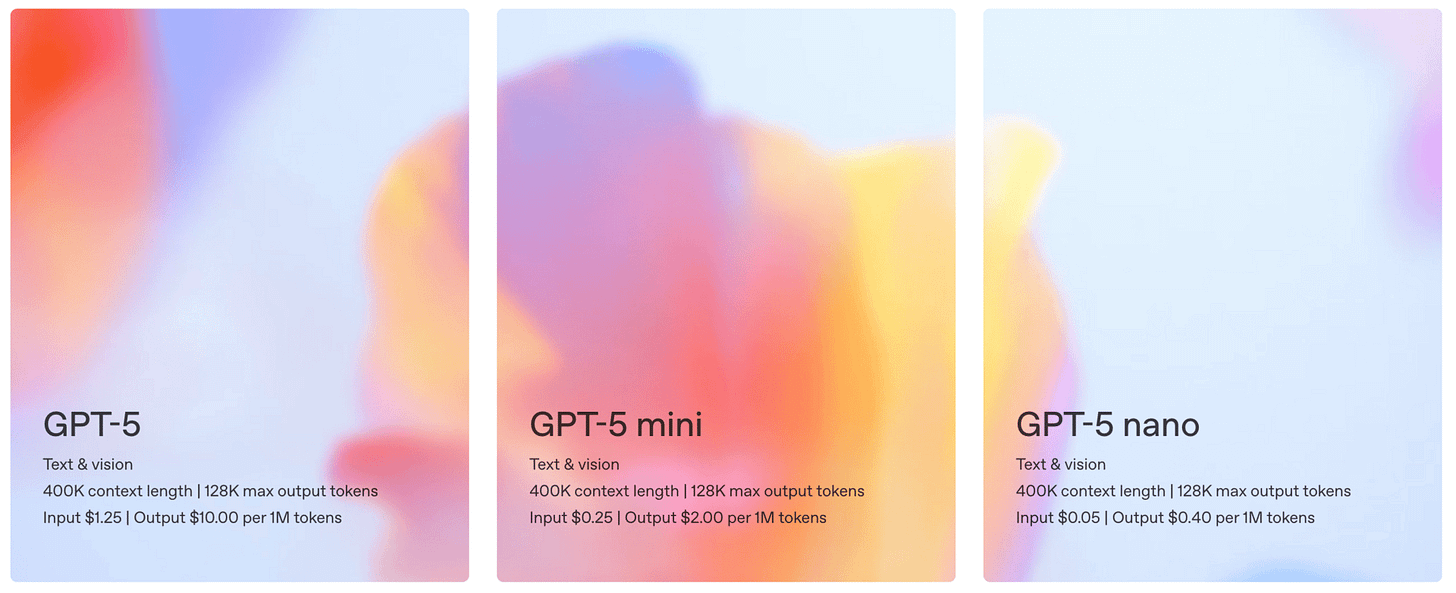OpenAI Launches GPT-5 with Enhanced Developer Features
PLUS - Master Advanced Context Engineering for Coding Agents
This week brings game-changing announcements from OpenAI—including the launch of GPT-5 with powerful developer features and their surprising return to open source after five years. We're also diving deep into the realities of autonomous AI coding, with fascinating case studies showing both its incredible potential (like Claude Code helping complete years of technical debt in weeks) and its current limitations that still require human oversight.
📖 TUTORIALS & CASE STUDIES
Pushing AI Code Generation Autonomy to Its Limits
Estimated read time: 19 min
Birgitta Böckeler's team tested how far they could push autonomous AI code generation using Claude-Sonnet models to build Spring Boot applications. Despite sophisticated multi-agent workflows, reference applications, and code review loops, AI consistently produced overeager features, made dangerous assumptions, and left static analysis issues—proving that autonomous coding without human oversight remains unreliable for production software.
Master Claude Code for Autonomous AI Development
Lesson time: 1 hr 50 min
DeepLearning.AI launches a free course teaching developers to leverage Claude Code as a highly agentic coding assistant. Learn best practices for autonomous code generation, RAG chatbot development, and parallel coding workflows. The 1-hour 50-minute course covers MCP server integration, Git worktrees, and transforming Figma mockups into web apps.
Master Advanced Context Engineering for Coding Agents
Estimated read time: 11 min
Learn how to maximize AI coding agents through strategic context engineering. This comprehensive guide covers sub-agents for complex tasks, intentional context compaction, and a three-phase approach: research, planning, and implementation. Discover practical techniques for structuring prompts, managing context windows, and aligning AI understanding with your codebase to build more effective AI-powered development workflows.
Making GitHub Copilot Smarter Through Self-Refinement
Estimated read time: 15 min
After failing to improve GitHub Copilot with borrowed rules, a developer discovered that AI-generated, project-specific instructions work far better. Their method involves having Copilot analyze the codebase, then using chat prompts to make the AI suggest improvements to its own guidance. This collaborative refinement approach proved more effective than using advanced models without context.
GPT-5 Prompting Guide for Developers Released
Estimated read time: 30 min
GPT-5's developer-focused improvements include enhanced tool calling, long-context understanding, and superior coding capabilities for multi-file refactors. The guide details techniques for controlling agentic eagerness and instruction adherence, leveraging the new Responses API, and optimizing frontend development workflows. Cursor's production insights reveal practical prompt tuning strategies for maximizing GPT-5's performance in code editing applications.
🧰 TOOLS
OpenAI Releases Powerful Open-Source AI Models
Estimated read time: 15 min
OpenAI has released two Apache 2.0 licensed models, gpt-oss-120b and gpt-oss-20b, achieving near-parity with their proprietary counterparts. The 20B model runs comfortably on a Mac laptop with 32GB RAM, using mixture-of-experts architecture. These models support advanced reasoning modes, tool calling, and introduce OpenAI Harmony, a new prompt template format for handling complex AI interactions.
Cursor CLI Brings AI Coding to Any IDE
Estimated read time: 5 min
Cursor's new CLI tool enables developers to access AI-powered coding assistance in any IDE or terminal, not just Cursor's editor. The CLI integrates with terminals, offering real-time agent guidance, code review capabilities, and customization through rules and AGENTS.md files. Developers can leverage cutting-edge models from Anthropic, OpenAI, and Gemini while maintaining their preferred development environment.
Awesome Copilot Prompt Collection
Estimated read time: 8 min
This is an extensive collection of community-contributed prompts and configurations for GitHub Copilot. The repository features over 140 specialized prompts covering AI prompt engineering safety, architecture documentation, code review, testing frameworks, and language-specific best practices. Developers can instantly install these prompts in VS Code to enhance their AI-assisted development workflows across multiple technologies.
Open SWE: Asynchronous AI Coding Agent
Estimated read time: 8 min
LangChain introduces Open SWE, an open-source coding agent that runs asynchronously in cloud sandboxes, integrates directly with GitHub repositories, and operates like an autonomous developer. It features human-in-the-loop controls, multi-agent architecture with dedicated Planner and Reviewer components, and supports interrupting agents mid-task for feedback.
Octofriend: Open-Source AI Coding Assistant Alternative
Estimated read time: 8 min
Octofriend is a new open-source coding assistant that works with any OpenAI-compatible or Anthropic-compatible LLM API, allowing developers to switch models mid-conversation. The tool features custom-trained ML models for automatic error handling, zero telemetry for privacy, and support for thinking models like GPT-5 and Claude 4. It also integrates with MCP servers and local LLMs, making it a flexible alternative to GitHub Copilot for developers building RAG frameworks and agent systems.
Claude Code Adds Automated Security Reviews
Estimated read time: 4 min
Anthropic introduces automated security reviews in Claude Code with a new /security-review command and GitHub Actions integration. Developers can now catch vulnerabilities like SQL injection, XSS, and authentication flaws before production. The automated security review features already prevented remote code execution and SSRF vulnerabilities in Anthropic's own code, demonstrating practical value for AI-assisted development workflows.
📰 NEWS & EDITORIALS
OpenAI Launches GPT-5 with Enhanced Developer Features
Estimated read time: 4 min
OpenAI unveils GPT-5 with built-in reasoning capabilities, offering developers powerful new features including minimal reasoning mode, verbosity parameters, and improved code generation. The model excels at complex coding tasks, generates front-end UI with minimal prompting, and handles long chains of tool calls more effectively for agentic applications.
Claude Code Transforms Programming Productivity at Puzzmo
Estimated read time: 19 min
Orta Therox shares six weeks of experience using Claude Code at Puzzmo, demonstrating how AI pair programming enabled solo completion of years of technical debt in weeks. The tool transformed maintenance tasks into side projects, allowing rapid prototyping, parallel development workflows, and game design collaboration. While quantifying productivity gains proves challenging, the practical examples show Claude Code functioning as an infinitely patient programming partner for developers building RAG and agent systems.
Google's $2.4B Windsurf Deal Shakes AI Startup Landscape
Estimated read time: 6 min
Google's acquisition of AI coding company Windsurf for $2.4 billion demonstrates the high stakes in the AI assistant market. The deal's controversial structure, benefiting founders and VCs while leaving most employees unpaid, offers important lessons for developers evaluating opportunities at AI startups versus established companies.
OpenAI Releases Open Source Reasoning Models
Estimated read time: 6 min
After five years, OpenAI returns to open source with gpt-oss-120b and gpt-oss-20b models. These reasoning models with tool-calling capabilities can run locally while connecting to cloud models for complex tasks. They outperform DeepSeek R1 on coding benchmarks but show significantly higher hallucination rates than o3 and o4-mini.


